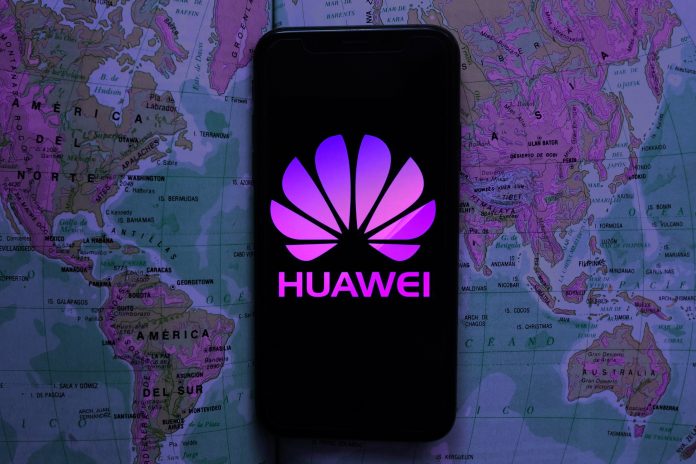Today (30 November) the UK Government announced that Huawei tech would be banned from UK 5G networks in September, 2021 – with all equipment to be removed by 2027
In July, Digital secretary Oliver Dowden announced that the UK had decided to end their 5G network building relationship with Huawei, in light of heavy tech sanctions on China from the US. In the summer, the UK made clear that all equipment belonging to Huawei would be totally removed from UK systems by 2027.
This move is expected to delay the mass introduction of 5g by roughly two or three years.
After the successful election of President-Elect Joe Biden, the sanctions on the Chinese tech giant are expected to lessen – possibly creating a window for a reset between London and Beijing too. Speaking to Politico, former head of the National Cyber Security Centre (NCSC), Ciaran Martin, commented: “The UK position is unlikely to change.”
This is interesting news for the relationship between the UK and China.
The Telecoms Security Bill
A bill to make a law about the removal of Huawei tech, containing strong safeguards on introducing ‘high-risk’ vendors to UK infrastructure, is currently going to the House of Commons for a second reading today. This legislation is also expected to give Ofcom new duties, namely, to oversee the security policies of operators. With this new responsibility, comes new power – the ability to impose fines of “up to 10 percent of turnover or £100,000 a day” in case operators are not taking their security seriously enough to comply.
Dowden further commented that the bill will give the UK “new and unprecedented powers to identify and ban telecoms equipment which poses a threat to our national security.”
The bill will be debated on Tuesday.
Diversification of the 5G telecoms market
The removal of Huawei and China from the future of 5G in the UK leaves some questions. How will the market be approached with the absence of China, with their hefty 25 year plan for their own cyber-expansions?
The Government is pushing a strategy alongside a bill. There is a proposed £250 million on the table for the diversification of the 5G telecoms market. The plan includes working with Japan, specifically the NEC Corporation, to build an infrastructure that could deploy 5G and bring rural businesses into the fastest possible network. The pilot will launch in Wales, with the promise of a live 5G network by 2021.
“We see this project as a catalyst for NEC introducing Open RAN into the UK and enabling the acceleration of 5G deployment,” commented Chris Jackson, CEO of NEC Europe Ltd.
The UK also want to create a secure research facility, the National Telecoms Lab. It would create a centre-point for operators, academics and the Government – to focus on pushing the country into the future.











